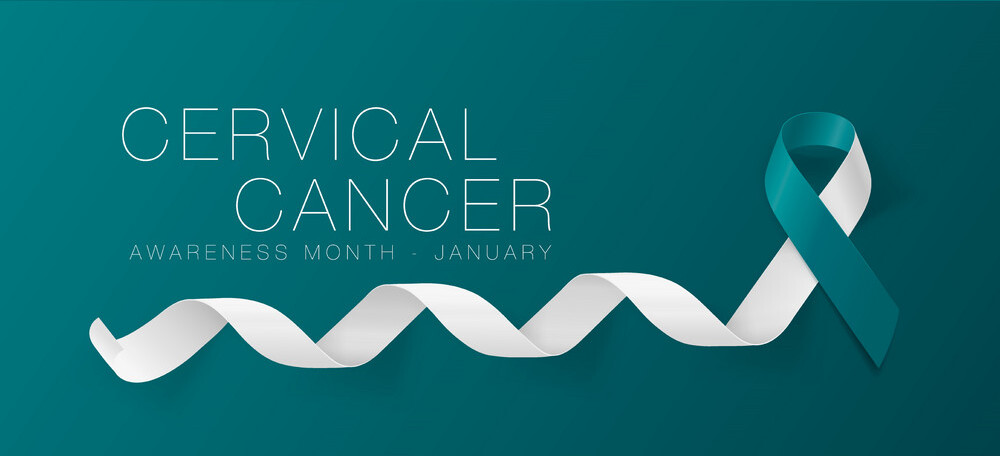
Cervical cancer (cancer of the cervix) is the second most common cancer in women. The cervix is the narrow part of the uterus through which babies are born. Cervical cells can go through many types of changes, most of which are harmless and not related to cancer. These changes can be caused by a number of factors, including HPV infection. HPVs (human papilloma viruses) are a group of more than 100 related viruses, many of which can be passed from one person to another through sexual contact. About 15 types of the 100 types of HPV can cause cervical cancer.
In most cases, HPV infections go away on their own. But sometimes,especially when the levels of the female hormone estrogen are abnormally high, cells infected with HPV turn in to precancerous cells, which can become cancer.Instead of dying ,the cervical cancer cells outline normal cells, invade adjacent tissues and sometimes spread to other parts of the body via lymph or Blood.
Screening is necessary:-
There are 2 types of tests used for cervical cancer screening.
- The Pap test can find early cell changes and treat them before they become cancer. The Pap test can also find cervical cancer early, when it’s easier to treat.
- The HPV (human papilloma virus) test finds certain infections that can lead to cell changes and cancer. HPV infections are very common, and most go away by themselves and don’t cause these problems. The HPV test may be used along with a Pap test, or to help doctors decide how to treat women who have an abnormal Pap test.
American Cancer Society guidelines for the prevention and early detection of cervical cancer
The latest recommendations are:
- All women should begin cervical cancer screening at age 21.
- Women between the ages of 21 and 29 should have a Pap test every 3 years. They should not be tested for HPV unless it is needed after an abnormal Pap test result.
- Women between the ages of 30 and 65 should have both a Pap test and an HPV test every 5 years. This is the preferred approach, but it is also OK to have a Pap test alone every 3 years.
- Women over age 65 who have had regular screenings with normal results should not be screened for cervical cancer. Women who have been diagnosed with cervical pre-cancer should continue to be screened.
- Women who have had their uterus and cervix removed in a hysterectomy and have no history of cervical cancer or pre-cancer should not be screened.
- Women who have had the HPV vaccine should still follow the screening recommendations for their age group.
- Women who are at high risk for cervical cancer may need to be screened more often. Women at high risk might include those with HIV infection, organ transplant, or exposure to the drug DES. They should talk with their doctor or nurse.
If you have Symptoms like :-
- Abnormal vaginal bleeding
- Menstrual periods may be heavier and may last longer.
- Women in their menopause may experience bleeding.
- Increased vaginal discharge
- Pain in the pelvic area
Consult your doctor and get yourself tested.